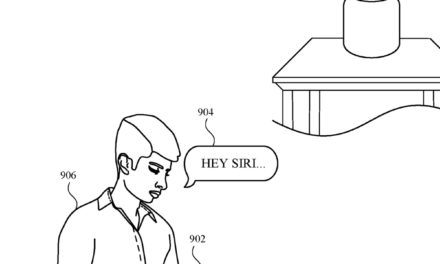A survey shows cybersecurity fears about breaches, identity theft, and privacy violations are taking a severe toll on the public trust and online commerce.
On May 13, the U.S. Department of Commerce’s National Telecommunications and Information Administration (NTIA) released more analysis of its 2015 survey of 41,000 Americans on the topic of online security and privacy. As Violet Blue (@violetblue) summed it up in a post on Peerlyst (https://www.peerlyst.com), “Trust in digital security is flatlining.”
The Engadget journalist and author goes on to say, “We’re talking about a huge dent in online commerce and the free flow of information, simply because people don’t trust online companies anymore. It’s not a growing digital economy we’re in, it’s a shrinking one.”
Some the most alarming numbers she cites from the report are:
° Nearly half of all Internet users have begun limiting online activity because of security and privacy worries.
° Nineteen percent of Internet-using households – representing 19 million households – said they’d been affected by a breach, experienced identity theft, or other malicious cybersecurity activity in the year before the survey.
° Thirty-three percent of those surveyed were reverting to in-person, rather than online, shopping.
As Blue observes in her analysis of that last statistic, “That’s one-third of the public voluntarily withdrawing their money from the online economy, and we know that’s got to be felt.” She says that the NTIA survey results show a disconnect between online trends and consumer preferences.
“Advertisers and social networks are quite keen to tell a story about how people don’t mind being tracked, in exchange for ‘a better online experience’ – but it’s pretty clear no one’s buying it at all – and more importantly, they don’t want it,” Blue says. “In fact, they reject being tracked (and hacked) so much that half of them are withdrawing their use of online services in order to feel safer.”




